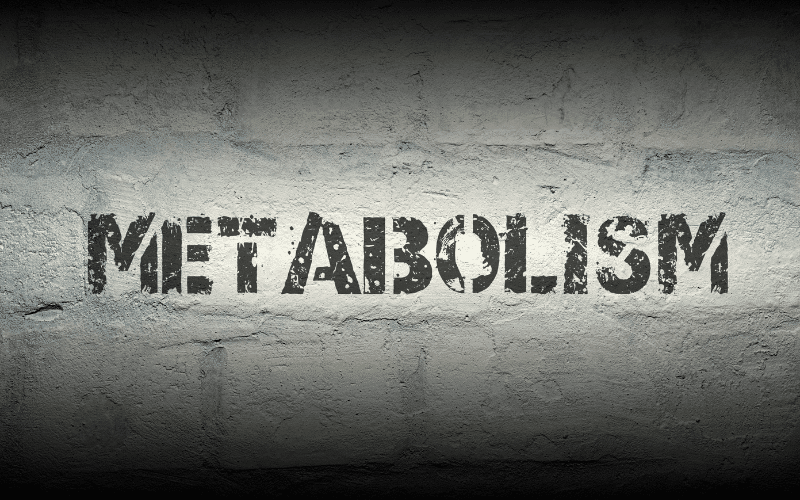Fact 11: Metabolic Dysfunction – A Silent Scourge

Metabolic dysfunction is a common yet frequently overlooked aspect of MODS. This dysfunction manifests as an abnormal metabolism, including changes in the body’s ability to regulate energy, leading to a catabolic state where the body starts breaking down its tissues for energy.
Identifying metabolic dysfunction in MODS can be challenging as it often presents subtly. It might be recognized through unintended weight loss, decreased muscle mass, and laboratory tests showing decreased levels of albumin, a vital protein.
The implications of metabolic dysfunction in MODS are far-reaching. It can lead to malnutrition and muscle wasting, which in turn can weaken the patient, lower their immune response, and impair wound healing.
Managing metabolic dysfunction typically involves providing nutritional support. This support could be enteral (through the digestive tract) or parenteral (directly into the bloodstream) to ensure the body receives enough nutrients to meet its energy needs and maintain muscle mass.
Metabolic dysfunction and its consequences can significantly affect a MODS patient’s prognosis. Malnutrition and muscle wasting can lead to a longer hospital stay, increased susceptibility to infections, and slower recovery. Therefore, managing metabolic dysfunction effectively is an essential part of the MODS treatment strategy. (11)